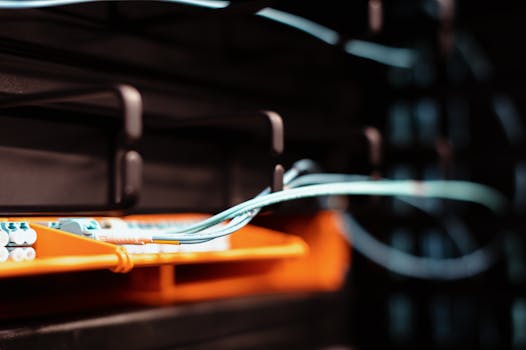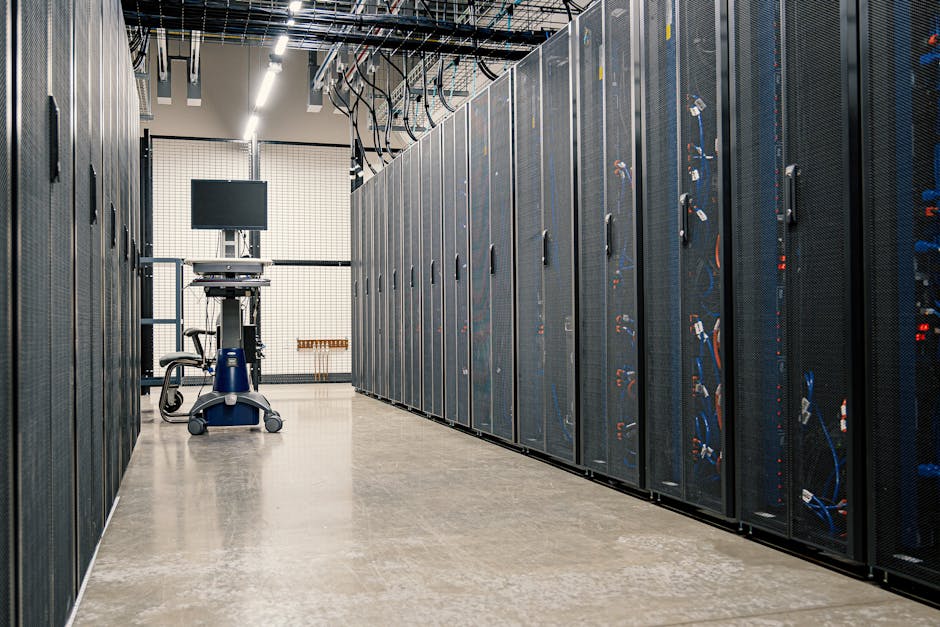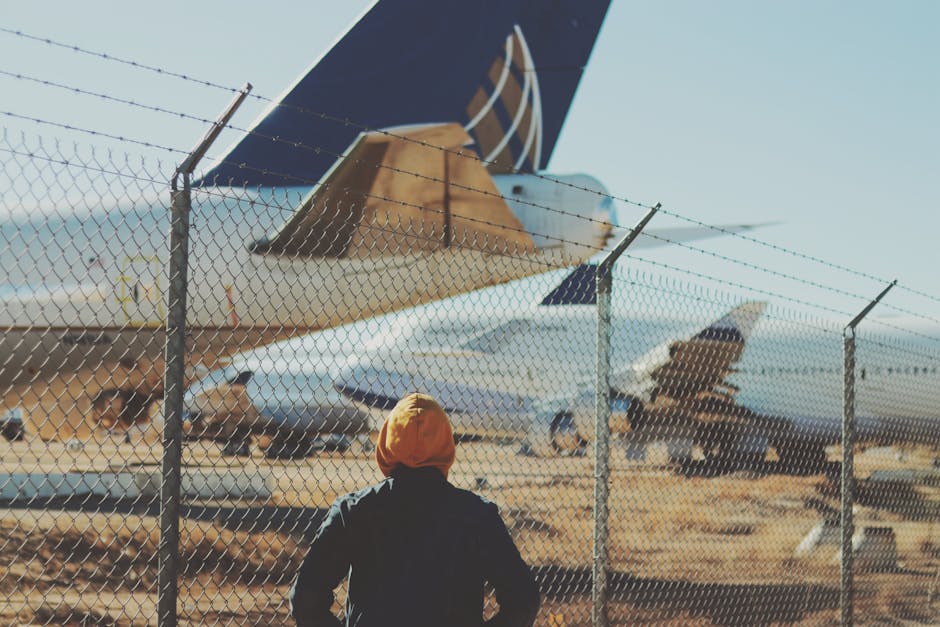
The Role of Fiber Companies in Africa’s Smart City Initiatives
The concept of smart cities has gained significant attention in recent years, and Africa is no exception. With the rapid urbanization of cities across the continent, there is a growing need for innovative solutions to manage resources, infrastructure, and services. Fiber companies are playing a vital role in this endeavor, providing the necessary infrastructure for reliable and high-speed internet connectivity. In this article, we will explore the role of fiber companies in Africa’s smart city initiatives.
Fiber companies, such as SEACOM and Liquid Telecom, have been instrumental in providing fiber optic connectivity across Africa. Their networks span thousands of kilometers, connecting major cities, towns, and rural areas. This infrastructure is essential for the development of smart cities, as it enables the deployment of various smart city applications, such as intelligent transportation systems, smart energy management, and public safety systems.
Smart City Initiatives in Africa
Several cities in Africa have launched smart city initiatives, aiming to improve the quality of life for their citizens. For example, Smart City Casablanca in Morocco is a comprehensive initiative that includes the deployment of smart traffic management, smart energy, and smart waste management systems. Similarly, Kampala Capital City Authority in Uganda has launched a smart city initiative that focuses on improving public transportation, waste management, and energy efficiency.
Fiber companies have been working closely with these cities to provide the necessary connectivity infrastructure. For instance, Fiber Mist has partnered with the City of Nairobi to provide fiber optic connectivity to various government institutions, schools, and hospitals. This partnership has enabled the city to deploy various smart city applications, such as e-government services, telemedicine, and online education.
Benefits of Fiber Connectivity in Smart Cities
The deployment of fiber connectivity in smart cities has numerous benefits. First and foremost, it provides high-speed and reliable internet connectivity, which is essential for the deployment of various smart city applications. Fiber connectivity also enables the collection and analysis of vast amounts of data, which can be used to inform decision-making and improve the efficiency of city services.
Furthermore, fiber connectivity can help reduce the cost of city services, such as energy and transportation. For example, smart energy management systems can optimize energy consumption, reducing waste and saving costs. Similarly, intelligent transportation systems can optimize traffic flow, reducing congestion and decreasing travel times.
Challenges Facing Fiber Companies in Africa
Despite the many benefits of fiber connectivity, there are several challenges facing fiber companies in Africa. One of the major challenges is the high cost of deploying fiber optic infrastructure. The cost of laying fiber optic cables, particularly in rural areas, can be prohibitively expensive. Additionally, the lack of regulatory frameworks and policies can make it difficult for fiber companies to operate in certain countries.
Another challenge facing fiber companies is the issue of last-mile connectivity. While fiber companies have made significant progress in deploying fiber optic cables to major cities and towns, the last mile of connectivity to individual homes and businesses remains a challenge. This can be due to a variety of factors, including the high cost of deployment, limited demand, and regulatory hurdles.
Conclusion
In conclusion, fiber companies play a crucial role in Africa’s smart city initiatives, providing the necessary infrastructure for reliable and high-speed internet connectivity. While there are several challenges facing fiber companies, the benefits of fiber connectivity in smart cities are undeniable. As Africa continues to urbanize, the demand for smart city solutions will only continue to grow, and fiber companies will be at the forefront of this development.




